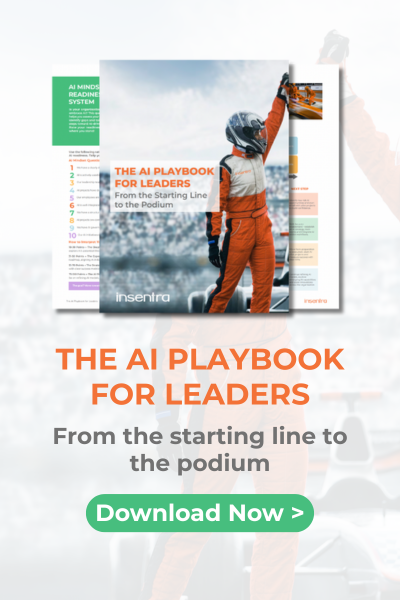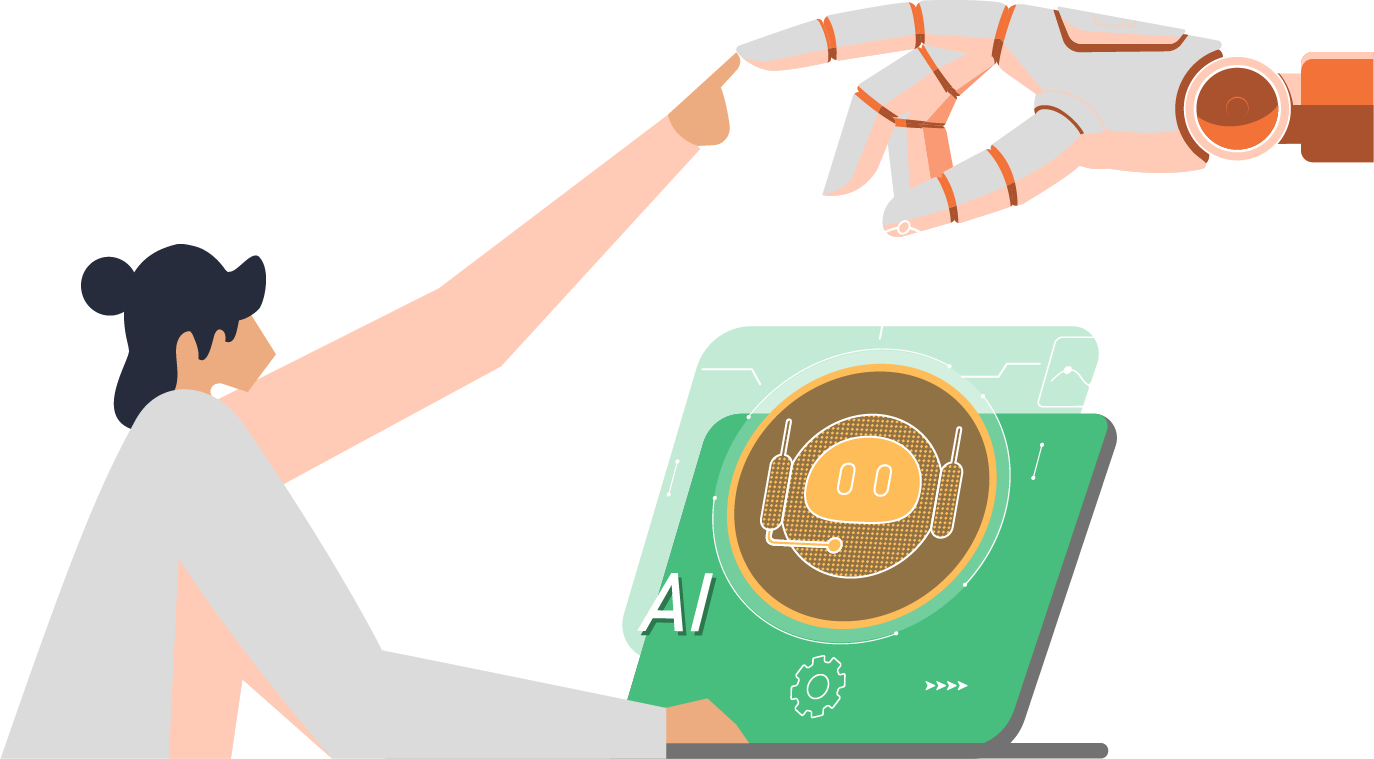In this projectized world, most Project Managers and project methodologies focus on the three main project constraints of Scope, Budget and Time. Of course, this may ensure we get to the finish line having accomplished the objectives set out in the Statement of Work, but how much thought goes into how the team faired? Are we in tact? Was it a rewarding and satisfying experience? Or would we rather put our finger in a blender than sit through another one of those project meetings?
Team members are often the last consideration once a project is complete. We review the budget, lessons learned, customer satisfaction and schedule but again I ask, “What about the team?”. The way we choose to relate to people can either add or subtract from the relationship. it requires a certain amount of emotional maturity to relate thoughtfully in difficult circumstances. Hey, if it was easy, we’d all be doing it and there would be no need for this blog. According to the Oxford Dictionary of Human Resources, Emotional Intelligence is “the ability to perceive, assess and manage one’s own emotions and those of others, including groups.” Owning other’s emotions? Well, that’s hard, I didn’t sign up for that … or did I?
Project Managers all too often get a bad reputation for their abrupt and often aggressive management style and let’s face it, there is a lot of responsibility associated with managing projects. So, is it any wonder (and it’s no surprise to me) we get frustrated and act in ways we would probably rather forget? I get it, after all, we have a lot riding on this.
Leadership and managing a team is more than just turning up to a meeting and asking the team to account for their time, task status and cracking a whip when things are delayed. It requires so much more if your team is to be successful, collaborative and enjoy the journey. Emotionally intelligent leadership is at the core of progressive management strategies and yields results that far outweigh those achieved using a more aggressive style.
So how does emotional intelligence benefit and increase the success of a team? Joanne Trotta defines Emotional Intelligence in her article Emotional Intelligence – What Do the Numbers Mean?, “I described the core qualities of EQ as empathy, motivation, self-awareness, self-regulation and social skills. I would add that emotional intelligence describes the ability to manage oneself and one’s decisions in a manner that recognizes the effects on others.”
Emotional intelligence encourages engagement, innovation and creativity. Owning our behaviours and understanding our words have impact are easy in principle , but practically, how do we apply this on the pressure cooker that is project management? Here are a few ways I have found to be very useful
1) Owning our emotions and feelings, no one else is responsible for how we act!
By owning our emotions, we can manage how we speak and behave towards people. If we need to take a breath or a break, so be it. No one is responsible for the way YOU act, other than you.
2) Not reacting, be considerate in our responses, understand it’s not personal and don’t make it that way:
People are often stressed or under pressure, which may cause short or abrupt behaviour; it’s not personal, people are dealing with a lot these days … have you seen the traffic in Sydney lately?
3) Be vulnerable, acknowledge when we make mistakes and be able to say sorry:
Leaders who are vulnerable show that they too are fallible and human – wow how refreshing! It builds trust within the team as members feel they can be honest without fear of retribution.
4) Practice humility:
showing humility is a strength reinforces and builds strong relationships both professionally and personally. It shows you are reachable and do not have an elevated sense of self, rather you see yourself in proper perspective, are orientated towards others and value their welfare.
5) Understand different personalities, assess different styles and work cohesively with the team:
Working with teams is not a one size fits all approach. Different personalities create completely different dynamics. It’s the exciting part of working with people – we are all so interesting!
6) Communicate with dignity and respect:
Ridicule and making people feel “less than” which can inhibit creativity and innovation must be removed from your management style. Authentically showing respect and dignity within a team environment encourages the best of its members
7) Ask a lot of questions and have genuine interest in your team:
Understanding that people are more than what they bring to work, we all have good and bad days. At Insentra we have a fabulous “How are you?” policy, where staff are asked at the beginning of each meeting how they are feeling and are encouraged to give a score out of ten for how they are professionally and personally. This provides a snippet into the lives of our co-workers, how they are in this moment and gives the team an opportunity to help or just offer empathy and understanding through a difficult time. It is a fantastic initiative of our CEO Ronnie and presents the human element so often omitted from our professional lives
Managing people within the bounds of a project requires interpersonal skills, building rapport quickly and motivating a team for a finite period. It is a balancing act and requires a dynamic integration of styles to suit the team and circumstances. Many academics believe (and might I say it seems quite the antithesis of popular leadership) the higher levels of leadership require the leader to have empathy, humility and general concern for their team. When we consider the traditional Project Management approach, perhaps we have had it all wrong.
Emotionally intelligent leaders are vulnerable, ask a lot of questions and create an environment built around trust, dignity and respect. Seriously, has public humiliation ever worked to get people to do want you want? Well, yes, initially … but how long will they stick around for? I am going to interject here and say disengagement is on the path to death for most relationships. Dramatic perhaps, yes, but very dangerous. It seems and aggressive style can be a precursor to employee disengagement, which I examine further in my blog on the topic of Employee Disengagement Can Be Terminal.











